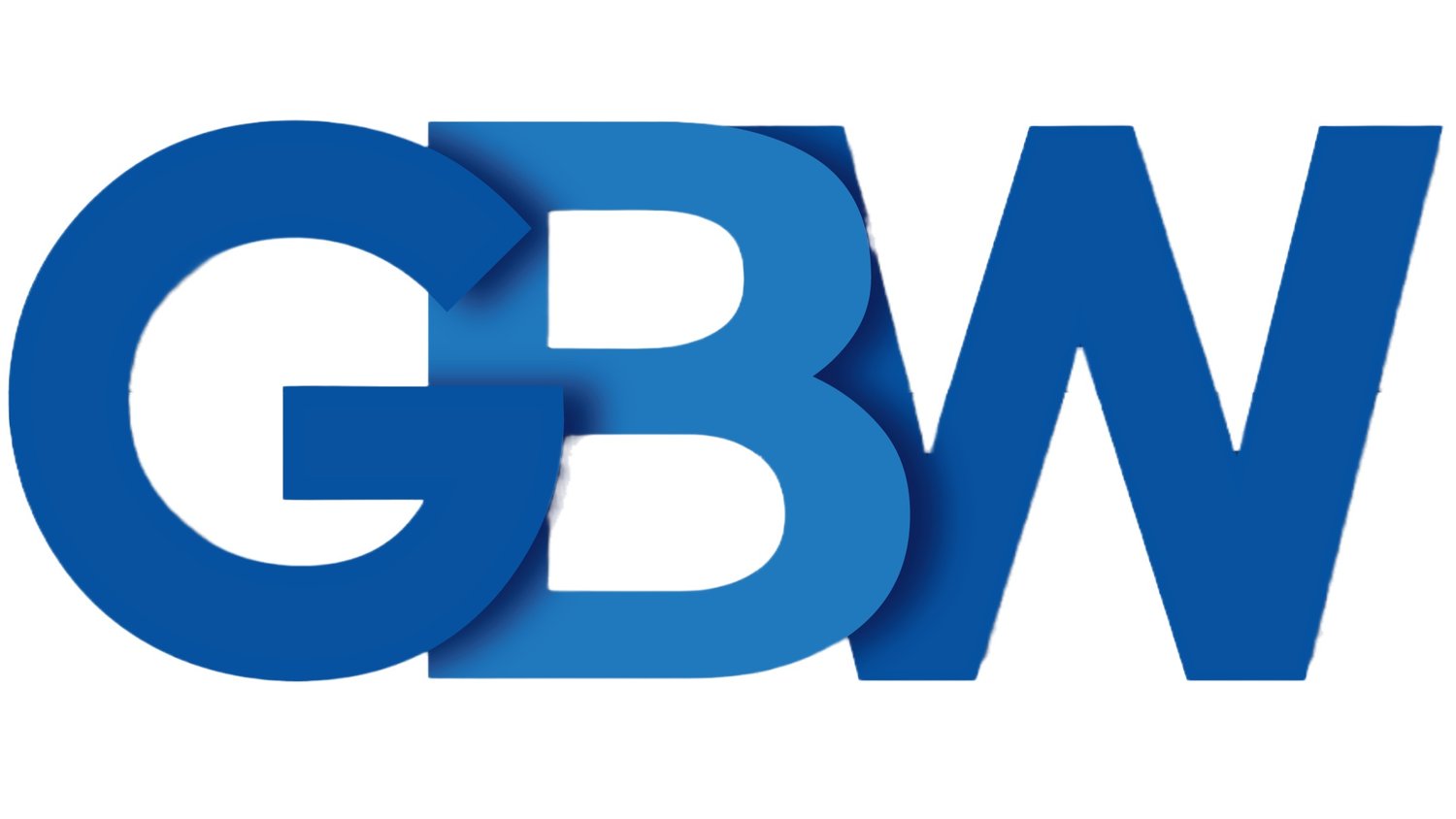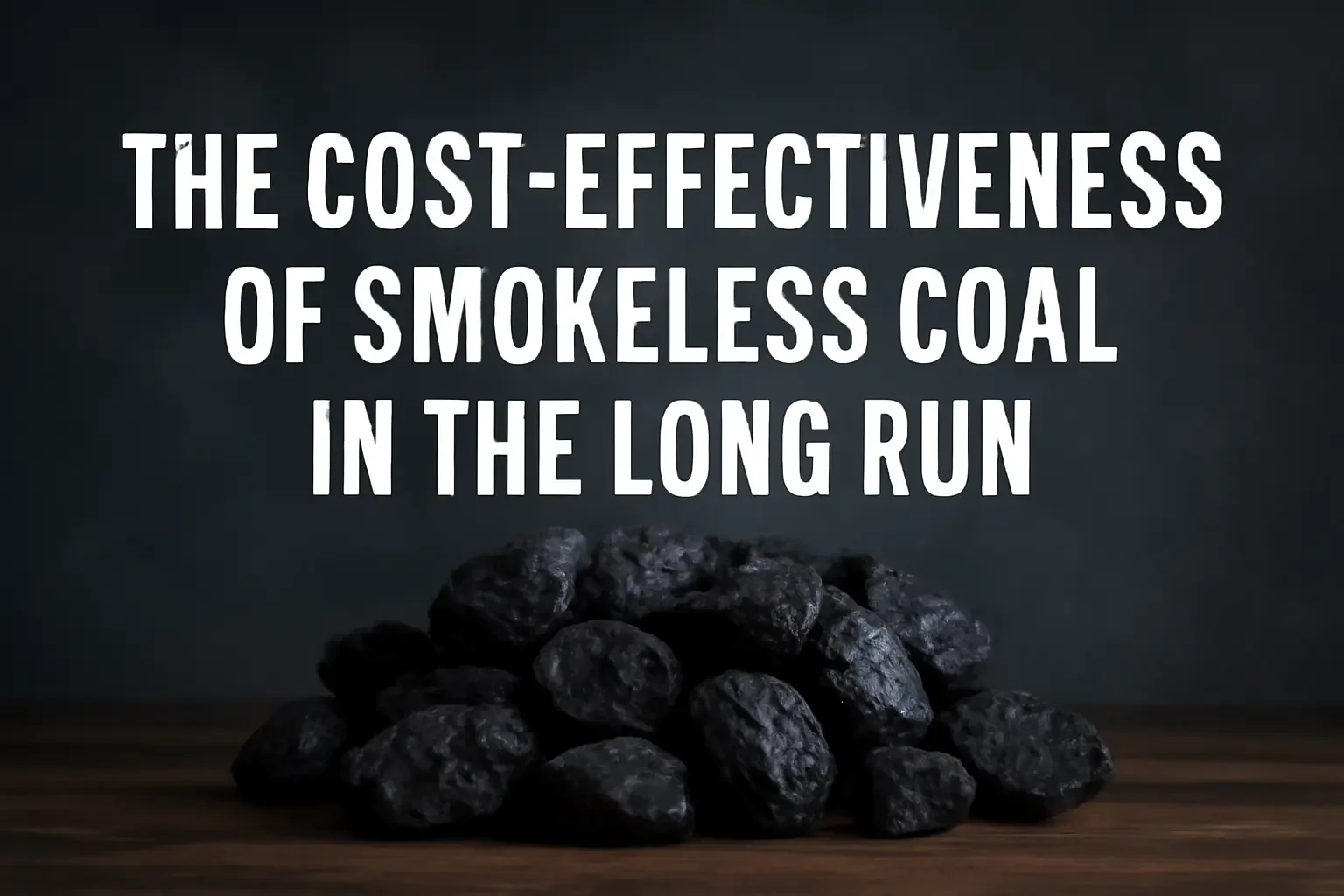The Cost-Effectiveness of Smokeless Coal in the Long Run
In today's environmentally conscious world, many homeowners are making the switch to cleaner, more efficient energy sources. One such alternative that has been gaining traction is smokeless coal. As a form of solid fuel, smokeless coal offers several advantages over traditional fuels like wood and standard coal. While the initial investment might seem higher, when considering the long-term savings, smokeless coal is a highly cost-effective heating option.
What Is Smokeless Coal?
Smokeless coal is a specially manufactured form of coal designed to burn cleaner and produce less smoke than traditional coal. It's an ideal option for those looking to minimize their environmental impact, especially in areas with strict air quality regulations. Smokeless coal is made by removing volatile gases, ensuring that it burns more efficiently and produces less harmful emissions.
As energy costs continue to rise, people are increasingly turning to smokeless coal as a reliable and cost-effective heating solution. But is it truly cost-effective in the long run? Let’s explore how it stacks up financially.
1. Efficiency of Smokeless Coal
One of the key factors contributing to the cost-effectiveness of smokeless coal is its efficiency. Smokeless coal burns at a higher temperature than traditional coal, releasing more heat per unit. This means that for the same amount of fuel, you get more heat, and as a result, your heating system runs more efficiently.
Since smokeless coal burns more completely, less fuel is wasted, leading to fewer deliveries and reduced long-term costs. Homeowners using smokeless coal typically need to use less fuel to heat their homes compared to those using standard coal or wood logs.
2. Reduced Maintenance and Cleaning Costs
Another aspect of smokeless coal that contributes to its cost-effectiveness is the reduced need for maintenance and cleaning. Traditional coal and wood burning often result in more soot and ash buildup, requiring regular cleaning and maintenance of chimneys, stoves, and fireplaces. With smokeless coal, the cleaner burn means significantly less ash and soot production, leading to reduced maintenance and cleaning expenses.
Over the years, this can add up to substantial savings, as fewer chimney cleanings and fewer fuel purchases are required. This makes smokeless coal not only a cleaner but also a more economical choice in the long term.
3. Lower Emissions and Regulatory Costs
With increasing concern over air pollution and stricter environmental regulations, using smokeless coal can also help you avoid potential fines or costly upgrades to your heating systems. Many areas, particularly in urban settings, have enforced regulations limiting the use of fuels that contribute to air pollution. Smokeless coal produces significantly lower levels of particulate matter, carbon monoxide, and other harmful emissions compared to regular coal or wood.
By opting for smokeless coal, you ensure that you're adhering to these regulations, helping you avoid potential penalties, and the need for expensive system retrofits. This also ensures that your heating solution is sustainable, contributing to the overall cost-effectiveness in the long run.
4. Long-Term Durability of Smokeless Coal Appliances
The appliances designed to burn smokeless coal, such as stoves and boilers, are generally built with higher-quality materials. Smokeless coal burns cleaner and more efficiently, which can contribute to the longevity of your stove or boiler.
These systems are less prone to wear and tear compared to those used with traditional fuels, leading to fewer repairs and replacements over time. Given that appliances can be a significant investment, the durability of smokeless coal heating systems adds a layer of cost-effectiveness over many years of use.
5. Price Stability of Smokeless Coal
While the price of energy can fluctuate, smokeless coal is a more stable commodity than some other fuel sources. Natural gas and electricity prices are subject to global supply and demand, making them volatile. Smokeless coal, on the other hand, tends to be more price-stable, especially when purchased in bulk. By purchasing smokeless coal for the entire heating season at once, homeowners can lock in prices and avoid being subject to sudden increases in fuel costs.
In areas where gas and electricity prices are high or unpredictable, smokeless coal offers a more reliable and budget-friendly alternative. For those looking for more control over their heating costs, this price stability can be a significant advantage.
6. Efficiency in Various Settings
Smokeless coal isn't just ideal for residential use; it's also commonly used in commercial settings like hotels, restaurants, and warehouses. Its efficiency makes it a popular choice in both domestic and commercial heating. In large buildings where traditional heating methods would be costly or impractical, smokeless coal offers a cost-effective way to maintain a warm environment throughout the year.
7. Potential Government Grants and Incentives
In many regions, governments offer incentives and rebates to encourage the use of cleaner, more efficient heating solutions like smokeless coal. These incentives can reduce the initial investment costs, making the long-term savings even more significant.
For example, some local authorities offer discounts or rebates for the installation of smokeless coal heating systems, especially in areas where air quality is a concern. Taking advantage of these grants can improve the cost-effectiveness of smokeless coal even further, providing a more affordable path to an efficient heating solution.
FAQ: The Cost-Effectiveness of Smokeless Coal
1. Is smokeless coal more expensive than traditional coal?
Initially, smokeless coal may appear more expensive than traditional coal or wood logs. However, due to its higher efficiency, cleaner burn, and reduced maintenance needs, it can be more cost-effective over the long term. Homeowners typically end up using less smokeless coal to heat their homes, leading to fewer fuel purchases overall.
2. How much money can I save by switching to smokeless coal?
The amount of money saved by switching to smokeless coal will vary depending on your current heating method, energy costs, and usage. However, many users report significant savings on fuel, maintenance, and cleaning costs. The price stability of smokeless coal further ensures that your long-term heating costs remain predictable and manageable.
3. How do I know if smokeless coal is right for my home?
Smokeless coal is ideal for homes that use solid-fuel heating systems such as coal stoves, multi-fuel burners, or open fires. If you live in an area with air quality regulations or if you’re looking for a more environmentally friendly option, smokeless coal could be a great choice. It’s also perfect for those who want to reduce the hassle of frequent cleaning and maintenance.
4. Can smokeless coal be used in any stove or burner?
Not all stoves or burners are compatible with smokeless coal, so it's important to check whether your existing appliance is designed for use with smokeless fuel. Many modern stoves and multi-fuel burners are built to handle both traditional coal and smokeless coal, but it’s essential to confirm compatibility before making the switch.
5. Are there any environmental benefits to using smokeless coal?
Yes! Smokeless coal burns cleaner than traditional coal, producing fewer emissions like smoke and particulate matter. This makes it a more environmentally friendly option, particularly in urban areas with air quality restrictions. Choosing smokeless coal also helps reduce the carbon footprint of your heating system.
Conclusion
The long-term cost-effectiveness of smokeless coal makes it a compelling choice for homeowners looking for a cleaner, more efficient heating solution. While the upfront cost may be higher, the savings in fuel, maintenance, and compliance with environmental regulations more than make up for it. With its high efficiency, reduced emissions, and stable pricing, smokeless coal offers significant advantages over traditional heating fuels. By investing in smokeless coal, you're not only contributing to a cleaner environment but also ensuring that your heating system remains cost-effective for years to come.

